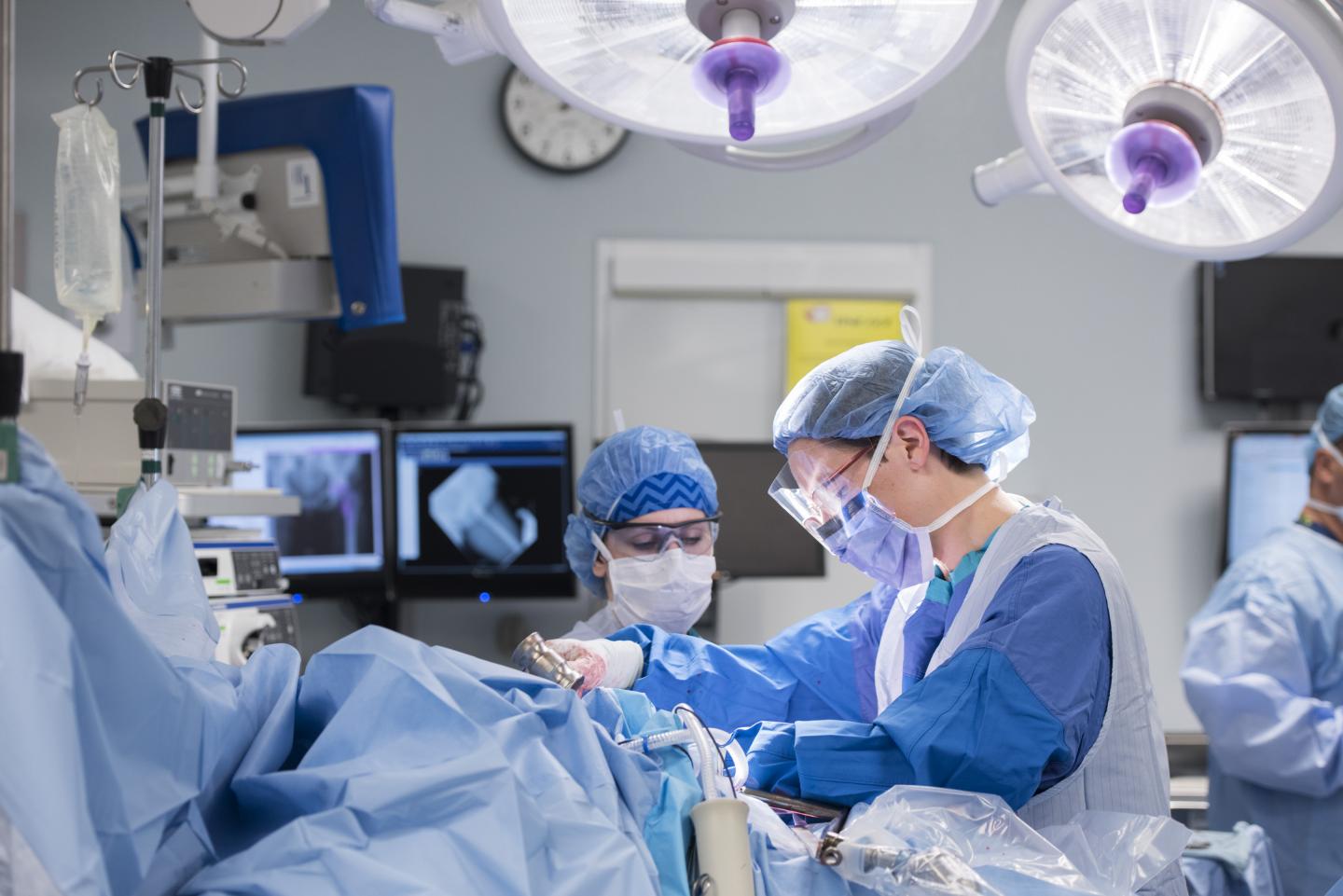Researchers at The Ottawa Hospital and the University of Ottawa are tackling the often-overlooked issue of delayed emergency surgeries. Emergency surgeries are those needed quickly to treat serious injuries or life-threatening conditions, such as a hip fracture, appendicitis, or a burst blood vessel.
“Delays in emergency surgeries are a problem around the world,” says senior author Dr. Alan Forster, Vice-President of Quality, Performance, and Population Health and senior scientist at The Ottawa Hospital and professor at the University of Ottawa. “Despite this, there’s been uncertainty about whether it impacts patient health. For the first time we have strong evidence that the sooner you get to the operating room for an emergency surgery, the better off you are, regardless of your condition before surgery. This study adds to the evidence suggesting that timely access to the OR is important for both patients and care providers.”

New research suggests that keeping some operating rooms free for emergency surgery (such as hip surgery, pictured above) could save money in addition to improving patient outcomes. (Image credit: The Ottawa Hospital)
Forster and his team published a study in CMAJ that shows there are consequences for both patients and the hospital when emergency surgeries are delayed. Because there are no standards for the timeframe a patient with emergency needs should get into surgery, the researchers set an aggressive scale for the different grades of urgency.
They found that patients whose emergency surgeries were delayed had a 4.9 percent mortality risk in hospital, compared to a 3.2 percent risk for non-delayed patients. Delayed patients also stayed in hospital after their surgery on average 1.1 days longer, and cost the hospital $1,409 more than patients who were not delayed.
The researchers looked at data from 15,160 adults who had emergency surgery at The Ottawa Hospital between January 2012 and October 2014. They found that 2,820 of these patients, or 19 percent, experienced a delay.
The reasons for delays were known in 39 percent of cases. The most common reason was that no operating room or operating staff were available.
The researchers spent the first three months of the study collecting data on the demand for emergency surgery at The Ottawa Hospital. In January 2013, the hospital began using a new method for scheduling emergency surgeries. This included dedicating operating room time specifically for emergency surgeries and spreading elective surgeries more evenly throughout the week. After the hospital implemented this new model, there was a significant increase in the number of emergency surgeries that happened on time.
“There was a massive improvement in patients getting to emergency surgeries on time with this new model,” says Forster. “It might seem counterintuitive, but having unused time in expensive operating rooms could save both money and lives.”
This study’s findings justify these changes made by The Ottawa Hospital, and justify other health-care institutions focusing on the issue.
The study also showed that the risk of dying after surgery tapered off for patients who waited over 1.1 times their assigned wait time. This surprising finding could mean that some patients need surgery immediately, but others can tolerate the wait.
“If we can find out why these patients can tolerate waiting a bit longer, then we can identify which kinds of patients and surgeries should be prioritized,” says Dr. Daniel McIsaac, first author and an associate scientist and anesthesiologist at The Ottawa Hospital and assistant professor at the University of Ottawa.
“Delaying surgery is never a good thing, but this is the first time we’ve really had the numbers to see what the impact is” says Forster “We will continue to work to optimize the system to better meet the needs of patients.”




